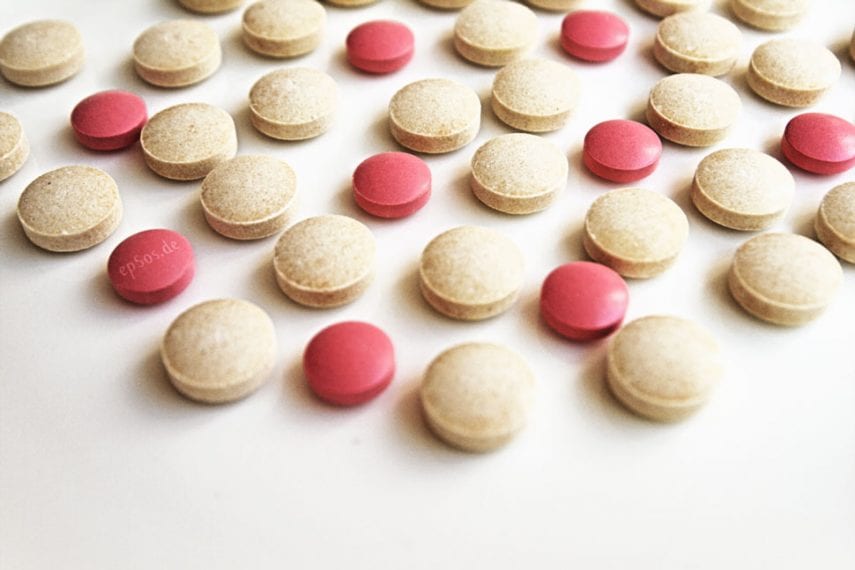What is Psychiatric Medication?
Psychiatric medication refers to the use of drugs to manage and treat mental health conditions like depression, anxiety, bipolar disorder, schizophrenia, and other psychiatric disorders. These medications help stabilize mood, improve cognitive function, and manage symptoms that interfere with daily life. Common types of psychiatric medications include antidepressants, antipsychotics, mood stabilizers, and anti-anxiety medications.
Types of Psychiatric Medications
Psychiatric medications are designed to target specific symptoms associated with mental health disorders. Here are some common types:
- Antidepressants:
These medications help improve symptoms of depression and anxiety by altering brain chemicals (neurotransmitters) such as serotonin and norepinephrine. - Antipsychotics:
Used to treat conditions like schizophrenia or severe mood disorders, these medications help manage symptoms such as hallucinations, delusions, and cognitive impairments. - Mood Stabilizers:
These are used primarily in the treatment of bipolar disorder to manage extreme mood swings, balancing both manic and depressive episodes. - Anti-Anxiety Medications:
These help relieve symptoms of anxiety disorders by promoting relaxation and reducing excessive worry or panic attacks. - Stimulants:
Used primarily for Attention Deficit Hyperactivity Disorder (ADHD), stimulants help improve focus, attention, and impulse control.
Why Choose India for Psychiatric Medication?
India is a leading destination for affordable, high-quality psychiatric care, including the use of medications to treat mental health conditions. The country offers a wide range of treatment options at significantly lower costs compared to Western countries.
Key Advantages of Choosing India for Psychiatric Medication:
- Affordable Care:
Psychiatric medication in India is offered at a fraction of the cost compared to countries like the US, UK, or Australia, without compromising on quality. - Experienced Specialists:
India has a large network of psychiatrists and mental health professionals who are highly trained and experienced in prescribing medications based on individual needs. - Advanced Treatment Options:
Many leading hospitals and clinics in India offer the latest, evidence-based treatments for mental health, ensuring patients receive the most effective care. - Comprehensive Support:
Along with medication, patients receive holistic care, including therapy, counseling, and lifestyle recommendations to support long-term mental health management.
Why Choose Healtour Solutions for Psychiatric Medication?
Healtour Solutions partners with top psychiatric centers and hospitals across India to offer personalized medication plans for mental health treatment. Whether you're managing depression, anxiety, or other psychiatric disorders, we connect you with the best care.
Key Advantages of Choosing Healtour Solutions:
- Expert Medical Network:
We work with leading psychiatrists and mental health specialists in India who are experts in treating various mental health conditions using medication. - Tailored Treatment Plans:
Each patient’s treatment plan is customized to their specific needs, ensuring the most effective medication and therapy approach. - Affordable Treatment:
Through our network, you can access high-quality psychiatric care at a fraction of the cost compared to Western countries. - Comprehensive Care:
We provide holistic care, including medication, counseling, and long-term support for sustainable mental health management. - Easy Access to Top Hospitals:
We facilitate seamless access to the best hospitals and clinics in India, ensuring world-class psychiatric care.
Advanced Techniques in Psychiatric Medication
Psychiatric care in India uses cutting-edge technologies and modern approaches to ensure optimal treatment. These include:
- Personalized Medication Management:
Psychiatrists use advanced diagnostic tools to assess a patient’s condition and create a tailored medication plan based on their specific needs. - Neurostimulation Therapy:
Techniques like Transcranial Magnetic Stimulation (TMS) are used alongside medications for patients with treatment-resistant depression or other mood disorders. - Medication Monitoring:
Advanced software systems track a patient's response to medications, ensuring timely adjustments to optimize outcomes. - Integrative Approaches:
Many treatment plans combine psychiatric medication with psychotherapy, cognitive behavioral therapy (CBT), and lifestyle changes for holistic mental health care.
Procedure for Psychiatric Medication Treatment
The process of receiving psychiatric medication treatment is as follows:
- Initial Consultation:
You will meet with a qualified psychiatrist who will conduct a comprehensive evaluation of your mental health and discuss symptoms and medical history. - Diagnosis and Medication Plan:
Based on the assessment, the psychiatrist will diagnose your condition and develop a tailored medication plan to address your symptoms. - Medication Prescription:
The psychiatrist will prescribe the appropriate medication, explaining the potential benefits, side effects, and dosage. - Follow-up Appointments:
Regular follow-up appointments ensure the medication’s effectiveness, and adjustments are made if necessary. - Supportive Care:
Along with medication, you may receive therapy and counseling to help with emotional support and long-term mental health management.
Benefits of Psychiatric Medication
Psychiatric medications provide essential benefits for managing mental health disorders:
- Symptom Relief – Reduces or eliminates symptoms like anxiety, depression, and mood swings.
- Improved Functioning – Enhances daily functioning and overall well-being.
- Long-Term Management – Helps manage chronic conditions, preventing relapse.
- Fast-Acting – Provides rapid relief, improving emotional stability.
- Support for Therapy – Complements psychotherapy for holistic treatment.
- Tailored Treatment – Customizable plans based on individual needs.
- Minimizes Relapse – Reduces the risk of recurring episodes.
- Affordable & Accessible – Medications are cost-effective, particularly in India.
Frequently Asked Questions (FAQs)
- What is psychiatric medication used for?
Psychiatric medication is used to treat mental health disorders like depression, anxiety, bipolar disorder, and schizophrenia, helping to manage symptoms and improve quality of life. - Are psychiatric medications safe?
Yes, psychiatric medications are generally safe when prescribed and monitored by a qualified psychiatrist, although side effects may occur in some cases. - How long does it take for psychiatric medication to work?
It typically takes 2 to 6 weeks for psychiatric medications to show noticeable effects, although some medications may take longer to work. - Do I need to stay in the hospital to take psychiatric medication?
No, psychiatric medication can usually be taken on an outpatient basis, though inpatient care may be necessary for certain severe conditions. - What should I do if I experience side effects from psychiatric medication?
If you experience side effects, contact your psychiatrist immediately to discuss alternatives or adjust your medication. - Can psychiatric medications cure mental health disorders?
While psychiatric medications can manage symptoms and improve quality of life, they are generally used as part of a long-term treatment plan, alongside therapy and other forms of care. - How do I know which psychiatric medication is right for me?
Your psychiatrist will assess your symptoms and medical history to determine the most appropriate medication for your condition. - Can I stop taking psychiatric medication on my own?
It's important to never stop psychiatric medication without consulting your doctor, as abrupt discontinuation can lead to withdrawal symptoms or relapse. - Are psychiatric medications addictive?
Some medications, such as certain anti-anxiety medications, can be habit-forming, but most psychiatric medications are non-addictive when used as prescribed. - How often will I need follow-up appointments for psychiatric medication?
Follow-up appointments are typically scheduled every few weeks initially to monitor progress and adjust medications as needed.




